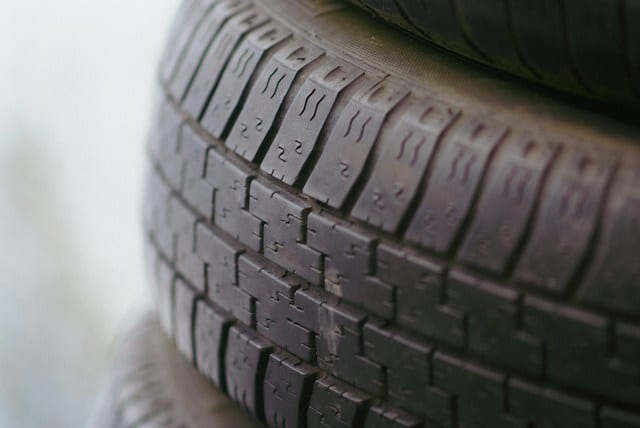The Importance of Proper Tire Inflation
 Proper tire inflation is a critical yet often overlooked aspect of vehicle maintenance. Maintaining the correct tire pressure is essential not only for the longevity of the tires but also for the safety, fuel efficiency, and overall performance of your vehicle. Understanding the benefits and practices of proper tire inflation can greatly enhance your driving experience.
Proper tire inflation is a critical yet often overlooked aspect of vehicle maintenance. Maintaining the correct tire pressure is essential not only for the longevity of the tires but also for the safety, fuel efficiency, and overall performance of your vehicle. Understanding the benefits and practices of proper tire inflation can greatly enhance your driving experience.
Ensuring Safety
Safety is a paramount concern when it comes to driving, and properly inflated tires play a significant role. Under-inflated tires can lead to poor handling and longer stopping distances, increasing the risk of accidents, especially in wet conditions. Over-inflated tires, on the other hand, can reduce the amount of tire in contact with the road, leading to decreased traction and control.
Enhancing Vehicle Performance
The performance of your car is greatly affected by tire pressure. Correct inflation ensures optimal contact between the tire and the road, providing better handling and stability. This is particularly noticeable when cornering or during high-speed driving. Properly inflated tires also respond more effectively to steering and braking inputs, offering a more responsive driving experience.
Increasing Fuel Efficiency
One of the most practical benefits of maintaining the right tire pressure is improved fuel efficiency. Under-inflated tires create more rolling resistance, which means the engine has to work harder to move the vehicle, consuming more fuel in the process. Keeping tires inflated to the manufacturer’s recommended level can significantly reduce fuel consumption, saving you money at the pump.
Prolonging Tire Life
Tire longevity is directly influenced by their inflation levels. Both under-inflation and over-inflation can cause uneven tire wear, leading to the need for premature replacement. Proper inflation helps ensure even contact with the road, promoting uniform wear and extending the life of your tires.
Reducing Environmental Impact
Proper tire inflation not only saves you money but also benefits the environment. By enhancing fuel efficiency, it reduces greenhouse gas emissions. Additionally, extending the life of your tires means fewer tires end up in landfills.
Checking and Maintaining Tire Pressure
Regularly checking your tire pressure is key. It’s recommended to check the pressure at least once a month and before long trips. Remember, tire pressure can change with temperature fluctuations, so it’s particularly important to check during seasonal transitions. Use a reliable tire gauge and inflate to the pressure specified in your vehicle’s manual or on the sticker located inside the driver’s door.
Dealing with Tire Pressure Monitoring Systems
Many modern vehicles come equipped with Tire Pressure Monitoring Systems (TPMS), which alert you when tire pressure falls below a certain level. While TPMS is a useful tool, it should not replace regular manual checks, as it often only warns of significantly low pressure.
Conclusion
In conclusion, proper tire inflation is an essential aspect of car maintenance that offers numerous benefits. It enhances safety, improves vehicle performance, boosts fuel efficiency, prolongs tire life, and is environmentally friendly. Regular checks and adjustments to tire pressure are simple yet effective ways to ensure your vehicle operates optimally, providing a safer and more enjoyable driving experience.
